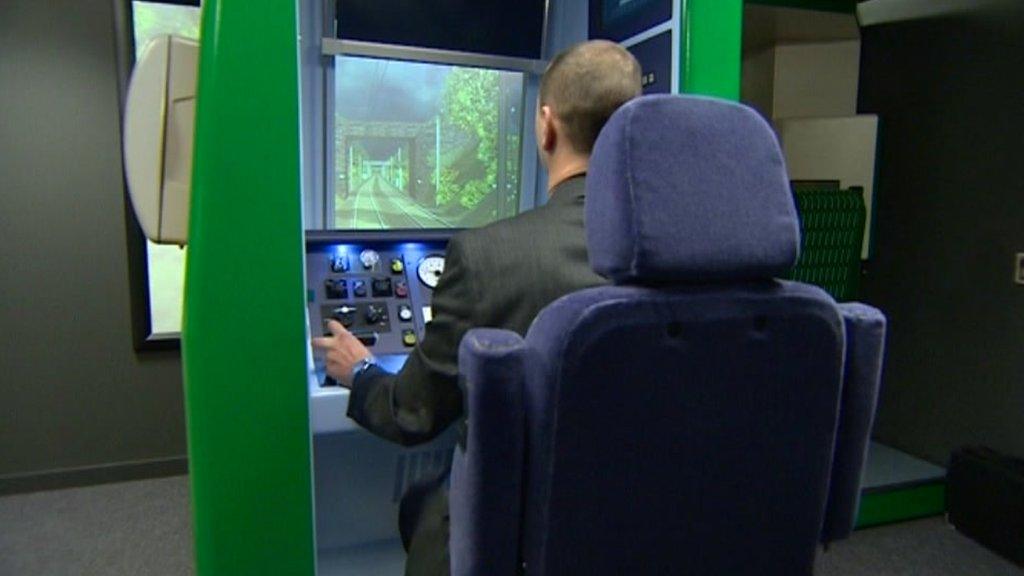One in five Southern trains 'late', rail regulator says
- Published
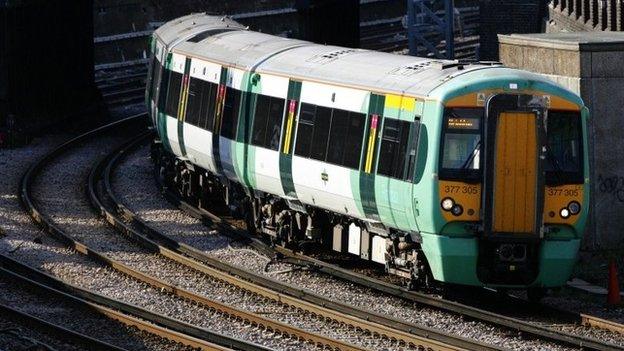
Southern says it has made changes to improve services
A fifth of trains run by rail operator Southern do not meet arrival time targets, latest figures show.
The Office of Rail and Road (ORR) said 78.3% of trains arrived within five minutes of their scheduled time, down 2.4% on the same time last year.
Govia Thameslink managed 83.9% and London Midland 88.6%, up on last year. Virgin Trains West Coast reached 84.9% for its 10-minute target, down 1.8%.
Southern said it was aware of the issues and was working to make changes.
The operator, whose services stretch from London to the south coast, through East and West Sussex, Surrey and parts of Kent and Hampshire, has had the worst arrival scores out of all the train franchises for three of the last five quarters, the ORR said.
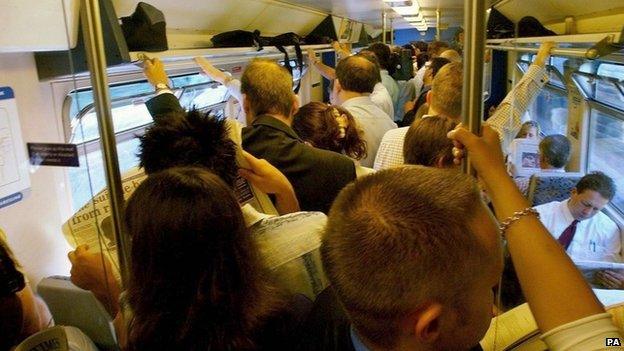
The delays on all franchises are also partly down to on-going infrastructure problems attributable to Network Rail
At peak times, 37.4% of trains were more than five minutes late, the figures, which cover all franchises for the first three months of this year, showed.
However, much of the poor performance could be attributed to "on-going works at London Bridge, as well as a number of points and track circuit failures", the ORR said.
The figures showed Southern, external also had the highest percentage of trains, at 6.2%, that were cancelled or classed as significantly late - over 30 minutes.
Virgin Trains West Coast was second worst at 5.4%, slightly up on the same quarter as last year.
The operator has not responded directly to the regulator's figures.
Govia Thameslink was at 5.1%, roughly equating to one train in every 20 being either significantly late, terminated early or cancelled, fractionally worse than last year.
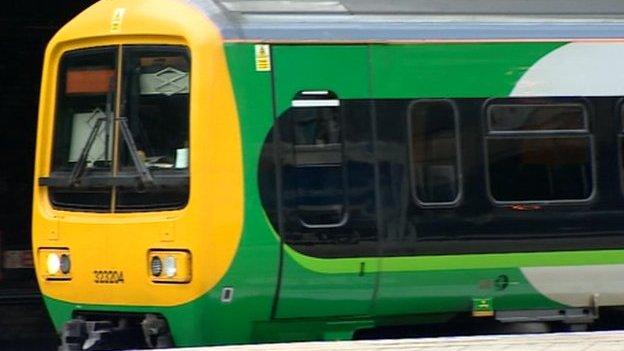
London Midland compensated 25,000 passengers between October and December 2012 after about 1,000 services were disrupted due to a lack of drivers
A spokesman highlighted a burst water main that flooded a central London rail tunnel in January, cancelling more 1,000 trains and causing massive delays south of London, related to work improving London Bridge station.
London Midland recorded 2.7%, down almost 1%, the ORR said.
In 2013, a driver shortage at London Midland meant 20% of its 1,311 daily services were delayed or cancelled throughout October.
The firm compensated 25,000 passengers between October and December 2012 after about 1,000 services were disrupted due to a lack of drivers.
Francis Thomas from London Midland said: "It's an improving picture... but we say we're never satisfied. We know we can do better."
The operator has "got on top" of cancellations, driver shortages and made 140,000 more seats available and now it will be looking at running times, he said.
Delays and cancellations on all franchises could also be partly attributed to Network Rail through on-going infrastructure problems, as well as other unexpected pressures such as the weather, an industry source said.
- Published16 February 2015
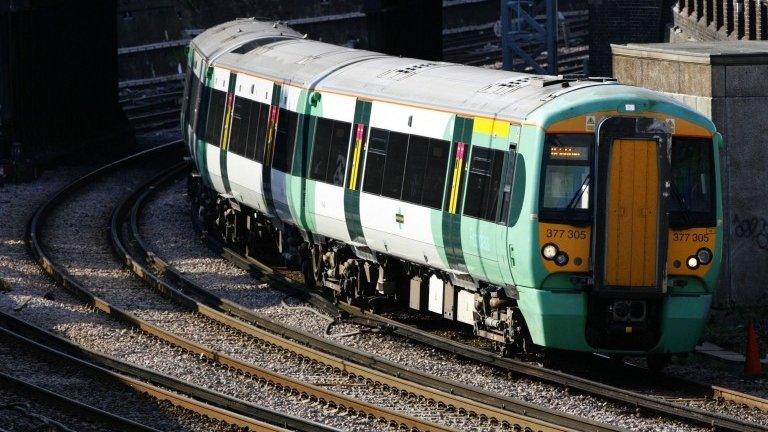
- Published3 February 2015
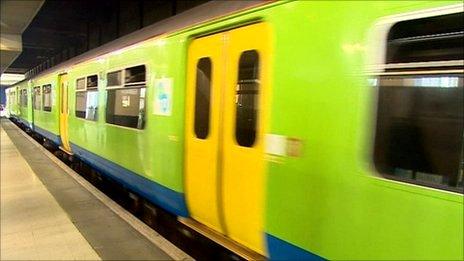
- Published23 December 2014
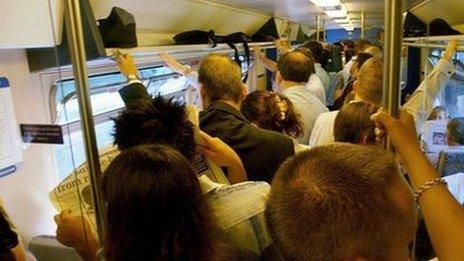
- Published23 May 2014
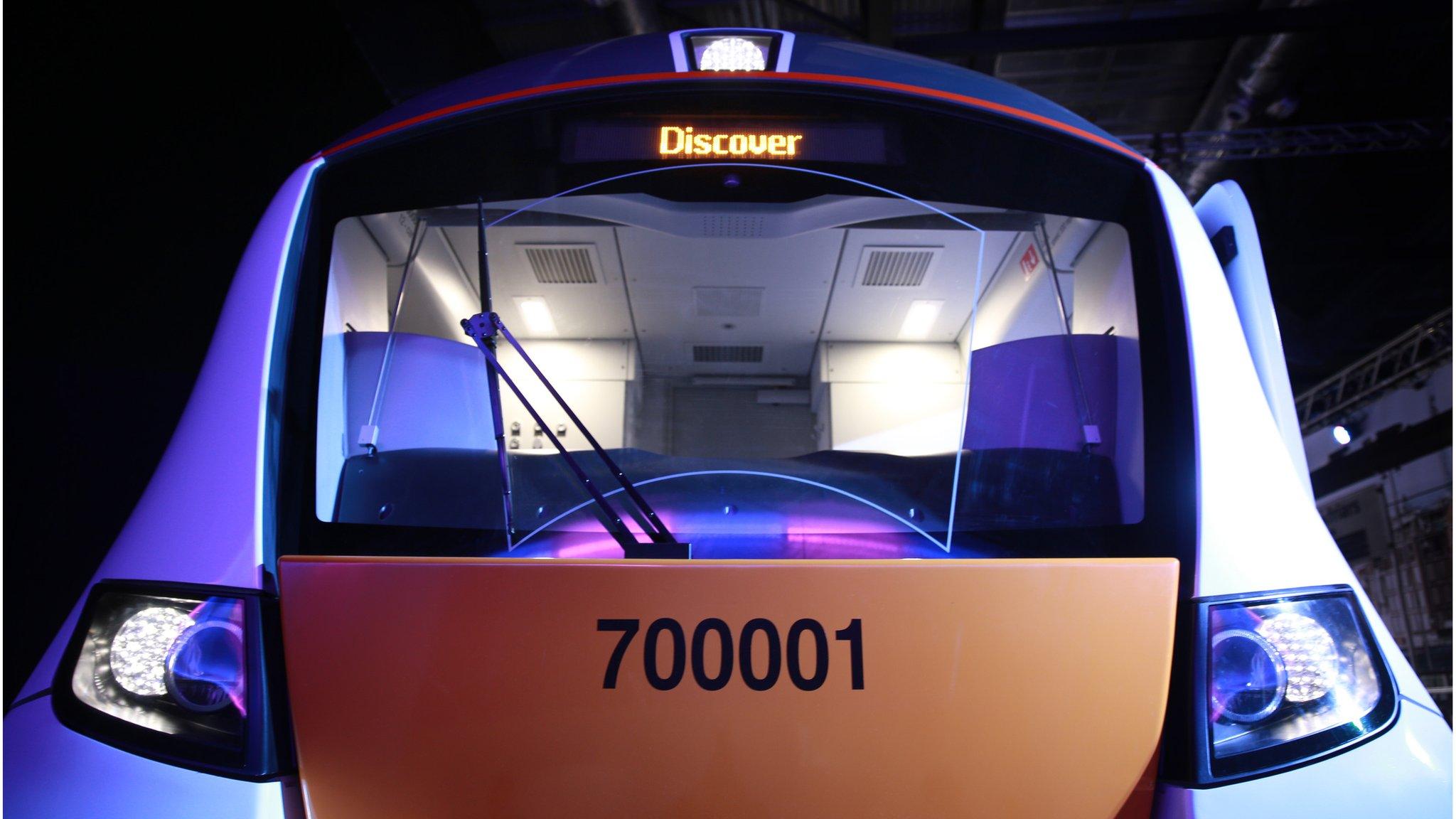
- Published27 November 2013
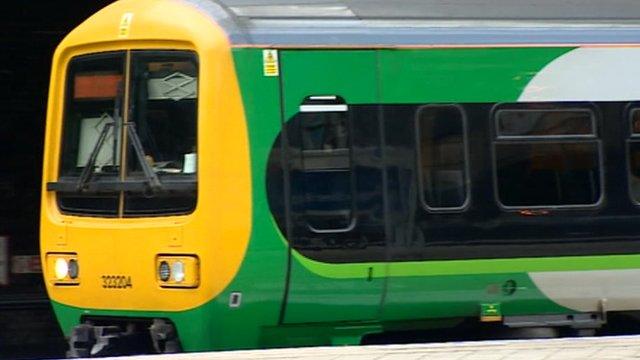
- Published28 June 2013
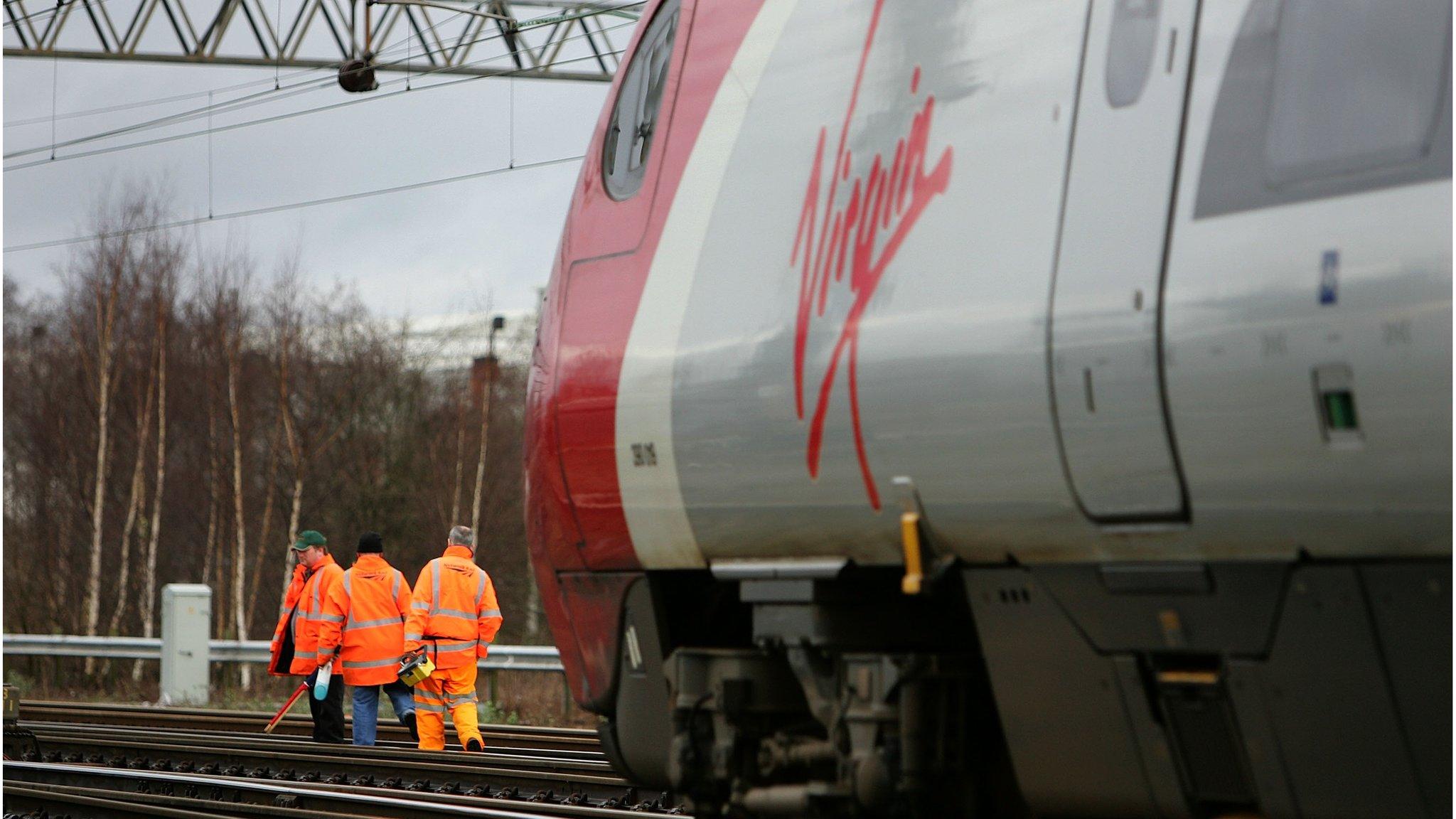
- Published8 May 2013

- Published20 December 2012
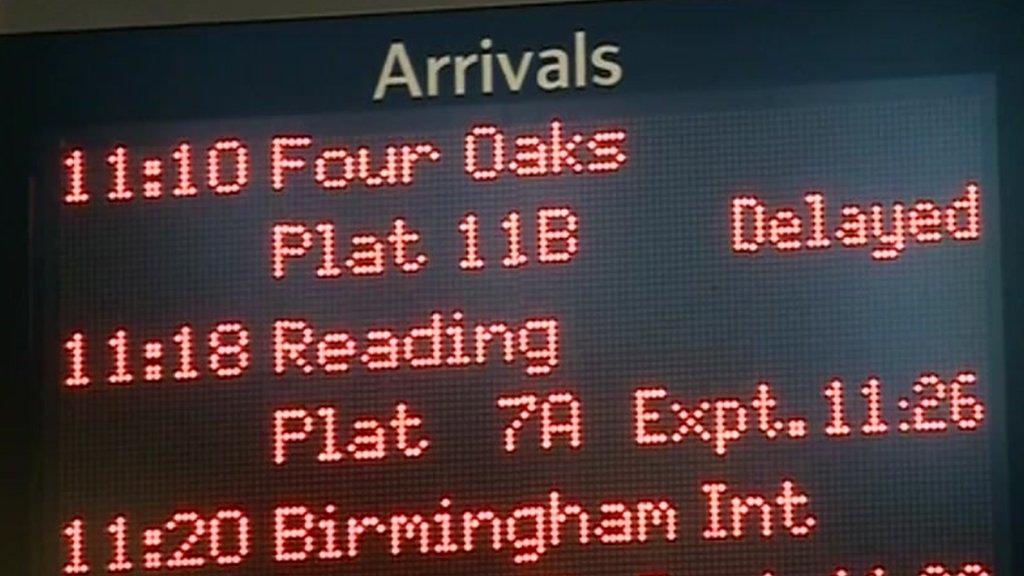
- Published9 December 2012

- Published10 November 2012
